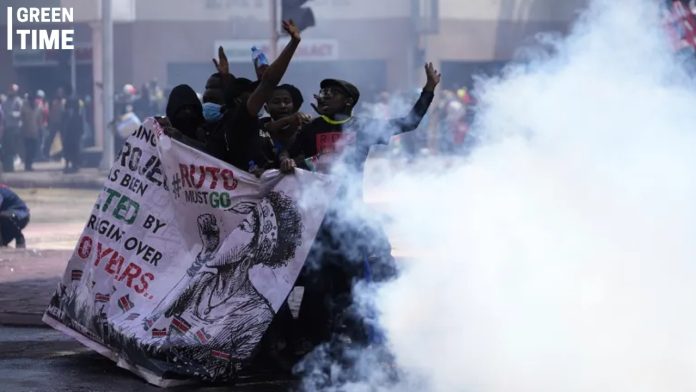Weeks into ongoing protests, determined Kenyans are still voicing their frustrations with the government. The demonstrations, which began in June against proposed tax hikes, have expanded to target President William Ruto, members of parliament, and international financial institutions like the International Monetary Fund (IMF) and World Bank. Protesters accuse these organizations of exacerbating the crisis, with placards reading, “IMF, World Bank, Stop the Modern Day Slavery.”
Graffiti denouncing the IMF and World Bank is visible across Nairobi as calls for Ruto’s resignation grow louder. The IMF’s role in the crisis is under scrutiny, with accusations of stringent loan conditions disproportionately affecting the poor. Critics argue that high interest rates and stringent conditions imposed by the IMF have worsened the situation. African leaders, including Ruto, have also criticized these international lenders for the high interest rates compared to other developing countries.
Kenya’s current economic turmoil can be traced back to former President Uhuru Kenyatta’s heavy borrowing from commercial lenders and countries like China for large infrastructure projects. These projects, such as the rail line linking Nairobi to Mombasa and extensive road networks, failed to generate the expected revenue, leaving the country with substantial debt.
When Ruto took office in August 2022, Kenya’s external debt was about $62 billion, approximately 67 percent of its GDP. The country was already grappling with inflation pressures from COVID-19 and supply chain disruptions in agriculture. Currently, Kenya’s debt has ballooned to $82 billion, with significant portions owed to China, the IMF, the World Bank, the United States, and Saudi Arabia. More than half of the government’s revenue is now directed towards debt repayments, deepening the economic crisis.
Economist Dumebi Oluwole suggests that while some criticisms of the IMF are valid, African leaders often exacerbate the situation by choosing to raise taxes rather than cut costs. She argues that the blame should not solely be placed on the IMF but also on leaders who make decisions that impact the majority negatively.

